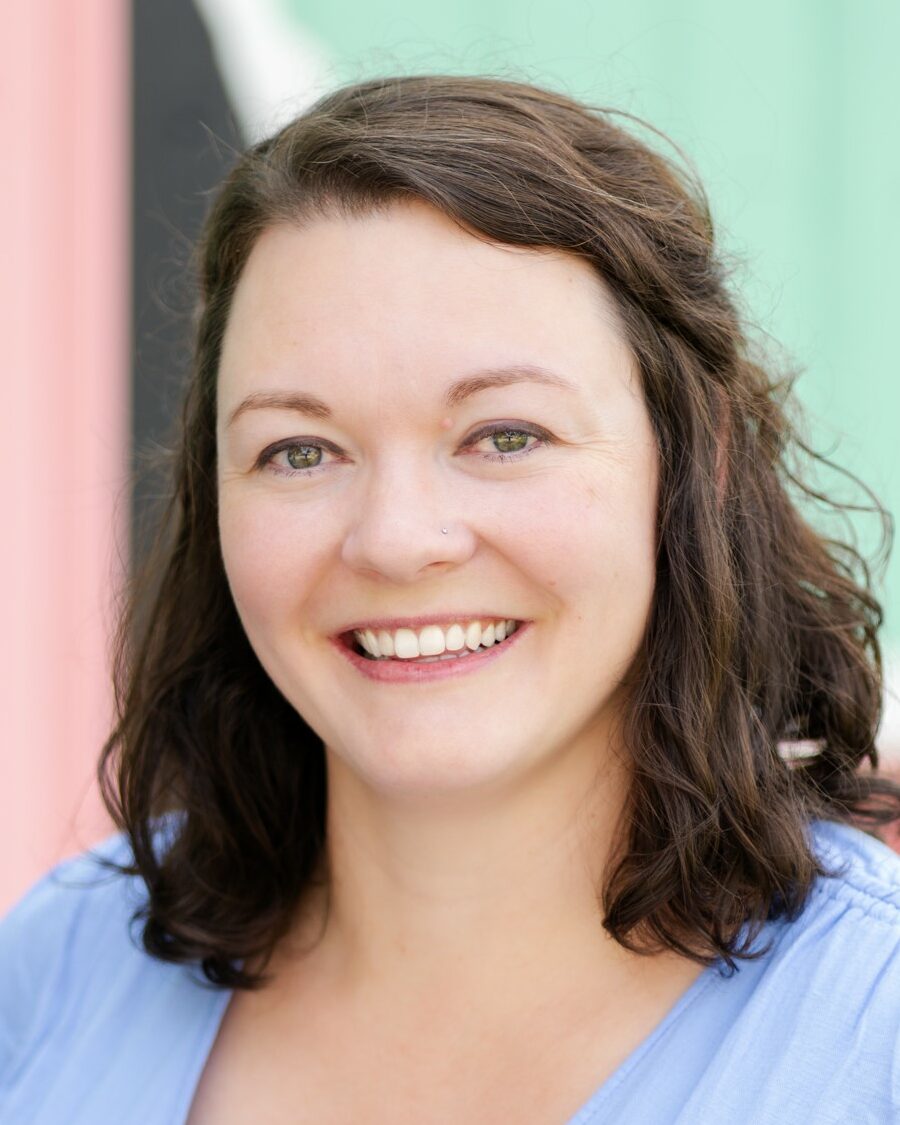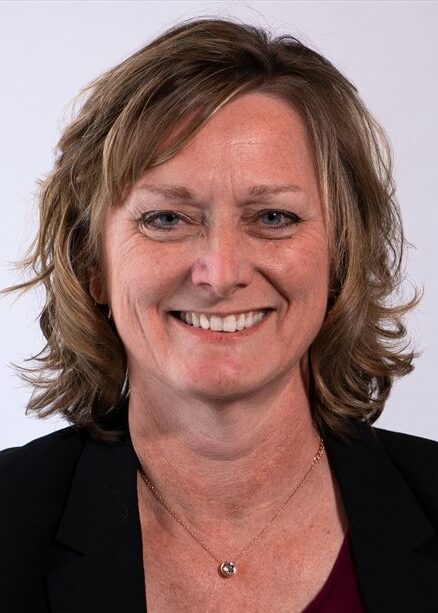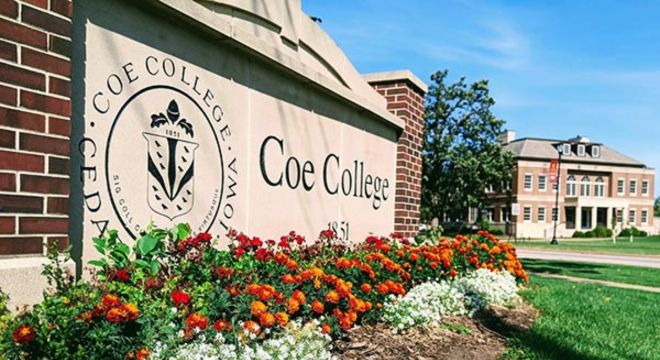By Samantha D. Brown, assistant professor of psychology at Coe College
In May 2024, my colleague Barb Tupper, associate vice president for advancement, and I will be hosting a three-day seminar about teaching vocation for faculty members and staff at Coe College. The two of us are leaders within Coe’s C3 initiative, which fosters connections across creativity, careers, and community. In this piece, I will share more about why we are creating and bringing this seminar to Coe, what we hope faculty and staff will gain from it, and what we hope its impact will be in the future.
I am no stranger to the vocational programming at Coe or opportunities that NetVUE offers nationally. I participated in NetVUE grant programming at Coe in 2019 and 2021–2023, the NetVUE Teaching Vocational Exploration Seminar in 2021, and additional NetVUE teaching seminar programs during the past two summers. I found that each of these opportunities provided similar energy and engagement and left me with the desire to share this more with my own community. I wanted to further bridge the wonderful work we had been doing on campus with the rich learning I was doing at these NetVUE events.



In summer 2023, faculty members who had participated in the Teaching Vocational Exploration seminar over the past six years gathered for an event called RIPEN (Recognizing Innovations and Practices to Enhance NetVUE). At that gathering, I learned that Erin VanLaningham, NetVUE Scholarly Resources Project director and co-host of the NetVUE podcast, had translated the NetVUE faculty teaching seminar into a three-day seminar for faculty members and staff on her campus at Loras College in Dubuque, IA. Based on her description, it felt like the next right step for Coe to deepen our community’s learning around the scholarship of vocation and to enhance further our implementation of vocation as a pedagogical tool across campus. I voiced my interest in this both to Erin and to Rachael Baker (director of the NetVUE Professional Development Program and a fellow seminar participant from 2021). Both were incredibly supportive and cheered me on into taking the next steps. I additionally shared the idea with my colleague, Barb, and she enthusiastically agreed as well. Together, we were able to gain support from our administration, and planning began.
Rachael and Erin provided significant consultation to develop the goals for the seminar and to plan the readings, activities, and schedule. Much of our work centered on translating this national seminar for the context of Coe and considering what would be the most useful and beneficial for our community.
Ultimately, we decided that our overarching purpose for the seminar is to build a community of practice surrounding vocation, meaning, and purpose, with the intention to offer sustainable programming and professional development opportunities that are accessible to more faculty and staff and then translated into direct work with students.
The primary goals for the seminar are: (1) to develop leaders on campus who want to deepen their thinking about meaning and purpose for our students; (2) to deepen knowledge of vocation scholarship; (3) to refine and re-examine individual goals for using vocation as a pedagogical tool (with an emphasis on capitalizing on what people are already doing); and (4) to create a shared tool to support interactions with students around campus in a variety of contexts.
Based on these goals, we want faculty and staff to feel more confident in using vocational exploration with students and to be able to rely on a strong network of colleagues to support these implementations. We believe this will allow us to better support our students in their vocational journeys. Further, as one colleague shared with me at RIPEN in 2023, NetVUE programming feels like an “antidote to cynicism.” In other words, this vocational work—both on the faculty and staff level and as it applies to students—provides glimmers of hope that are much needed amidst challenging times. Bringing this seminar to Coe College can provide one more opportunity for cultivating hope as we face the challenges that are common to us all in the current landscape of higher education and in our complex world.
Sincere gratitude to NetVUE for the support and opportunity to offer this seminar. Thank you to Erin VanLaningham and Rachael Baker for your advice, guidance, and instrumental support in this process. Many thanks to my colleague, Barb Tupper, for being willing to say “yes” to an idea before it had even entirely taken shape. I am grateful for you all.


